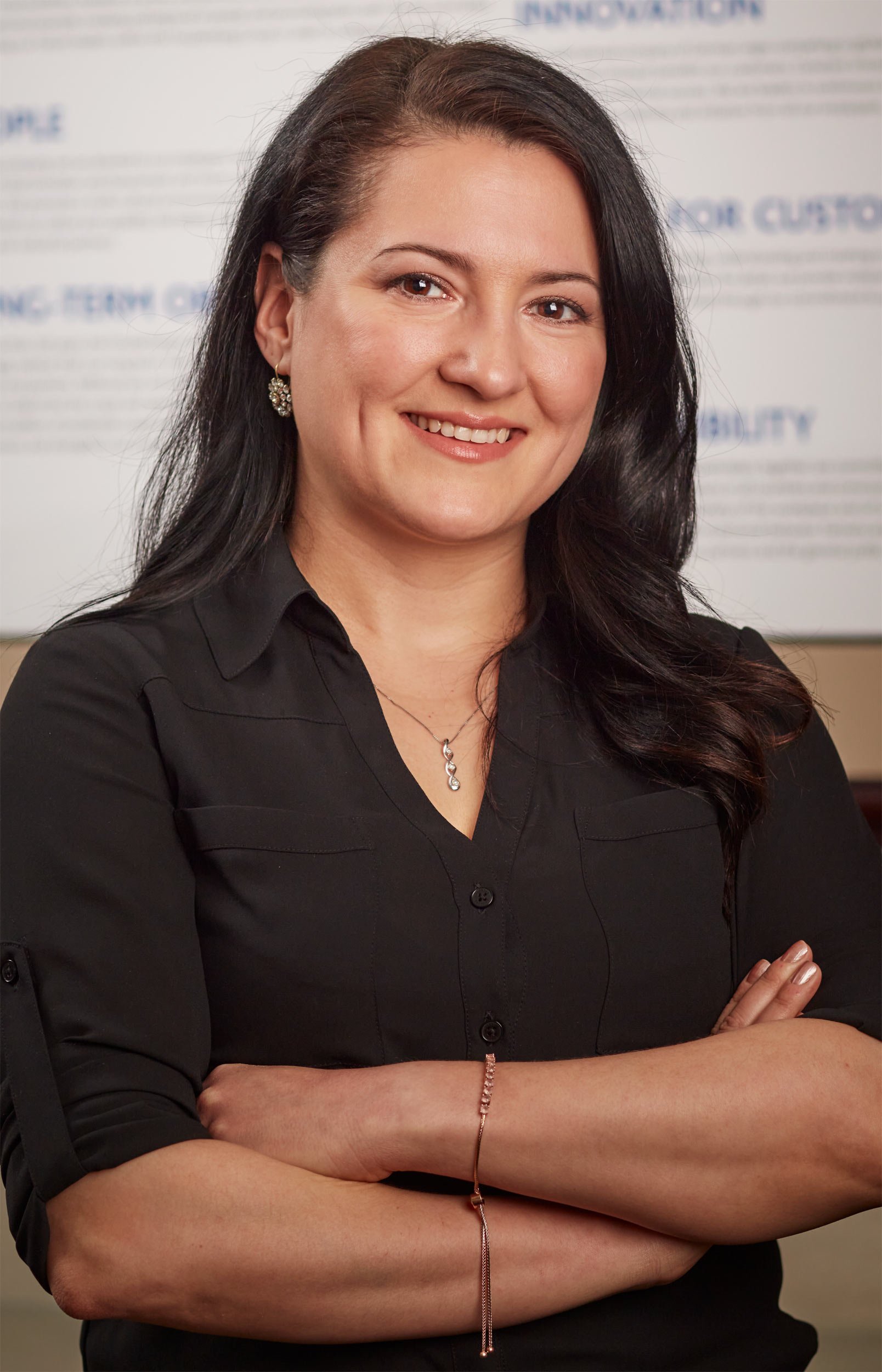 I like shooting portraits on location. Getting people in their own environment. In some ways, it's easier to see someone's soul when they are on their home turf. This day I was photographing some exceptional women who were being recognized for there work. I enjoy the excitement of pulling together the location/background, the lighting, and posing until everything works. Or at least I think it does. What do you think?
I like shooting portraits on location. Getting people in their own environment. In some ways, it's easier to see someone's soul when they are on their home turf. This day I was photographing some exceptional women who were being recognized for there work. I enjoy the excitement of pulling together the location/background, the lighting, and posing until everything works. Or at least I think it does. What do you think? 
Business
Executive Headshot
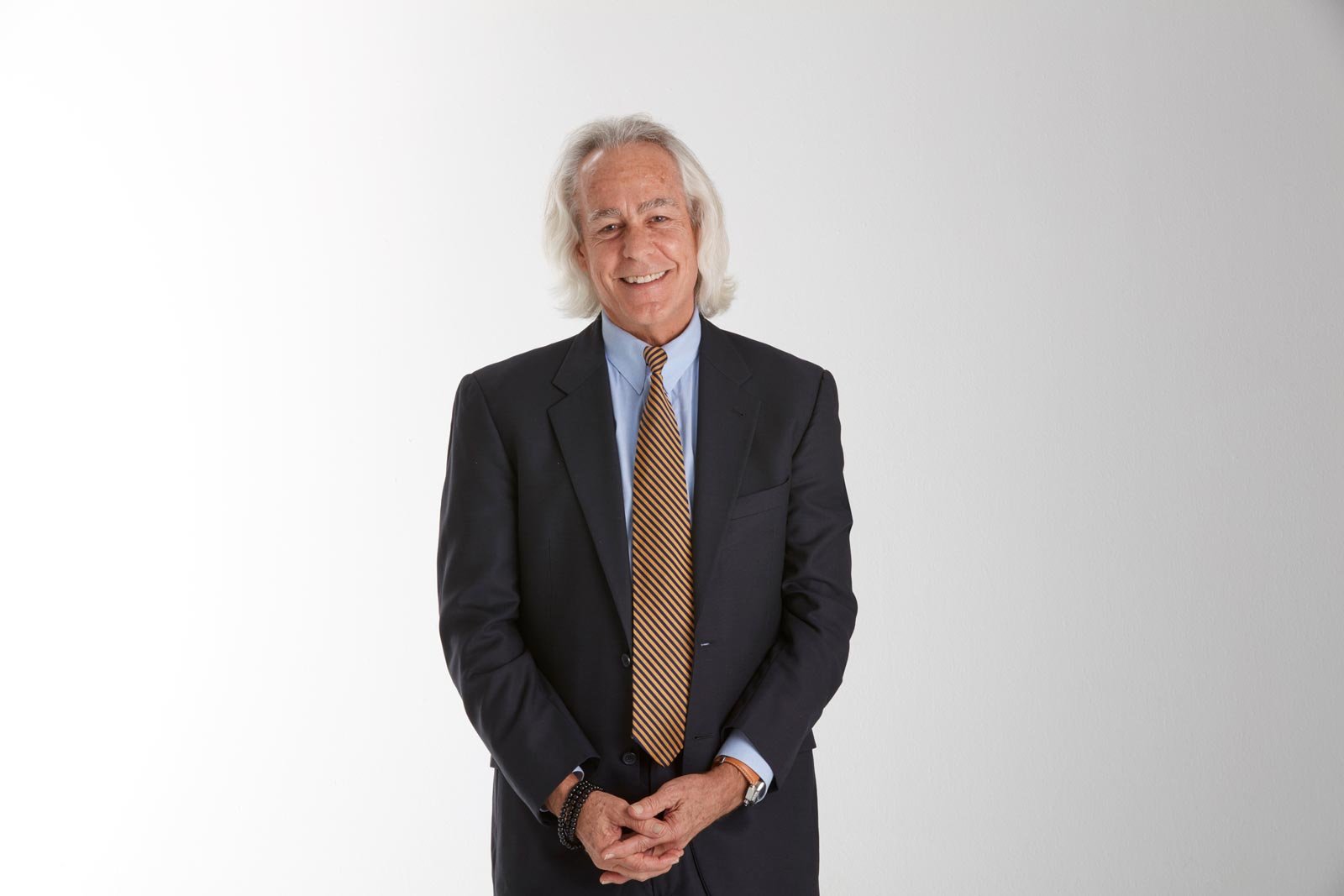 You might call it a headshot, but to me, headshot is a term better reserved for the picture on your driver's license. A portrait on the other hand, reveals a little more of your inner nature, your soul if you like. My business partner David shoots most of the portraits for Blue Sky, but he’s been out of town, so I get a crack at it. It’s challenging, because it’s more that just getting the lighting and technical stuff right, you have to connect with your subject, in order to help them reveal who they are.
You might call it a headshot, but to me, headshot is a term better reserved for the picture on your driver's license. A portrait on the other hand, reveals a little more of your inner nature, your soul if you like. My business partner David shoots most of the portraits for Blue Sky, but he’s been out of town, so I get a crack at it. It’s challenging, because it’s more that just getting the lighting and technical stuff right, you have to connect with your subject, in order to help them reveal who they are.
People Photography in the Studio

I don’t photograph people often, but I enjoy it when I do. There are lots more balls to keep in the air. When shooting product, you can methodically move forward till you have what you want. With people, everything is always changing – especially with groups. It’s much easier with good models, so I try to have a casting session to see what they are like in front of a camera. As alway, I am interested in your thoughts.

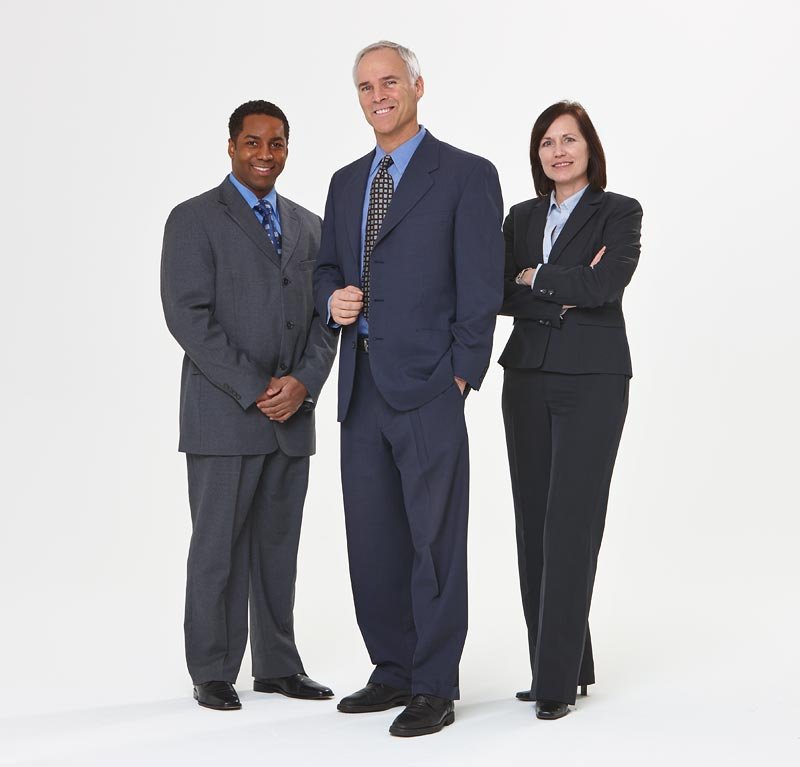
Your Hard Drive Will Fail, Back-Up your Photography!
In the digital age, there is a truism that warrants our attention; it is not if your hard drive will fail, it’s when. I have had several hard drives fail; I know that it is true. It is crazy expensive to get Drive Savers, or some other company to rescue your data. So, back-ups are important. A back-up strategy that fully protects you must have several components.
- Provide a means to continue working if your computer’s hard drive fails.
- Keep a back-up of current projects.
- Keep multiple archives of completed projects.
- Must be automatic. (so you cannot forget to do it).
- It must have an off site component (in case of fire or theft).
- There must be multiple copies.
- You’ve gotta check regularly to make sure it’s working.
The computer on my desk, backs-up to a local (firewire 800) hard drive using Time Machine and Carbon Copy Cloner. The Time Machine backup provides hourly back-ups while the Carbon Copy Cloner back-up provides a start-up disk should anything happen to the internal hard drive.I have divided our data into two separate parts, business data – QuickBooks, estimates, word processing files and the like, and job data – project folders, images and Capture One folders. We use a server, well..., it’s a computer with a boatload of drives hanging off of it where all of this data lives. The business data is backed-up with Time Machine hourly, and with CrashPlan, a cloud back-up service. Job data gets backed-up at the end of every day with a program cleverly called Data Backup. I like Data Backup because it does versioned back-ups, and keeps versions from the last 30 days. It uses standard compression utilities to compress files, and if it is the most recent version you are looking for, you can just go get it using the finder.When a project is completed, it is copied to an archive drive, and removed from the working drive. The archive drives are read only so nothing can be inadvertently changed or deleted.Once a month, I bring hard disks from home and copy all of the new data to them, again with Data Backup, then take them home.It sounds like a lot of work, but most of it happens with no supervision. It is, I believe just part of taking care of your clients and you livelihood. As always, I am interested in what you think about all of this. Please leave a comment.
Password Security
I realize that this is off topic for a photography blog, but as you are reading this on a computer, or perhaps an iPad, it becomes relevant. Over the last year there have been a large number of news stories about security breaches, such as Sony, Steam or Sega. The list goes on and on. Just search “database hacked” on google; there are a lot of bad guys out there. Not much you can do to prevent that, but you can protect yourself by using a different password at every web site. That way if a site gets hacked, the hacker can’t use your username and password at every bank web site till they find yours.
It’s impossible to remember all those passwords, so there are software solutions. I use a program called 1Password. Put simply, there is one password to rule them all. You need to remember only one password to access them all. The one password encrypts the others so they are not accessable to any one else. It is necessary to use Dropbox to make this strategy work. Dropbox is a cloud storage service that is pretty handy in any event. With Dropbox you can use 1Password to share your encrypted data with other computers that you use or the 1Password app on an iDevice. My wife uses Lastpass, also a secure solution that rolls the cloud based portion right in.Now that your using a tool to remember all those passwords, why not use strong passwords? Don’t use “password”, for a password! Hackers have lists of commonly used passwords. A good password has uppercase, lowercase, a number, and a symbol or punctuation mark. Length matters too, longer is better. There is a great illustration of this by Steve Gibson at his password haystacks page.Whew, I sound like kind of a paranoid geek. I like to think of myself as cautious and prepared, but in any event, my online life is a little easier and safer.
Studio Rental Math
There are many fewer studios in metro Detroit than there were a few years ago, because there is less work. We still have a studio, but I’ve wrestled with the idea of not having a studio. In other areas, notably the East and West coasts, some photographers have studios, but it’s not uncommon for a photographer to rent a studio just for shoot days, and include it in their bill. I don’t know the reason, but in the midwest, or at least in Metro Detroit, the business model has always been, except for car photography, studio rental is included in the fee. This makes it a little more difficult, but not impossible.The overhead for our studio is about $32,000 a year. We rent our studio for $650.00 / day. Unless you shoot in studio a lot, you may be better off renting, even if you can’t bill the entire rental fee. You only have that overhead when your shooting. In addition if you develop a relationship with a studio and you rent there often you could likely bargain them down a little.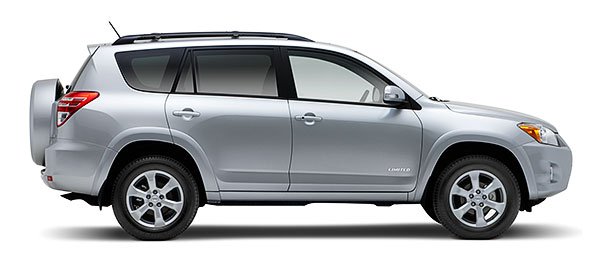 Working in the studio is about 90% of what I do. That’s why I’ve chosen to have my own. We rent it out to help with the overhead. The day may come when it no longer makes sense, but it hasn’t come yet. How does it work for you?
Working in the studio is about 90% of what I do. That’s why I’ve chosen to have my own. We rent it out to help with the overhead. The day may come when it no longer makes sense, but it hasn’t come yet. How does it work for you?
Web Directories for Photographers
Web directories are a great way for photographers to get noticed on the web. There are photographer directories that help people searching for photographers find them. A new directory called USA Photographer Directory seems to hold promise. It’s edited by hand, 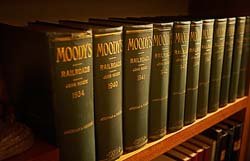 so there is an assurance of quality. Every listing is free; it does not sell links, as so many of the others. Navigation is intuitive, making it easy to find the photographer you need.Other directories are worthwhile too. The Commercial Photographers Directory uses Google Maps to help you find photographers in your area. The Michigan Photographer Directory is a directory just for Michigan. General directories are valuable as well. Yahoo costs $299.00 a year (to pay the editors) and inclusion is not guaranteed. This seems odd on the face of it, but it is the feature that makes directories valuable. By having someone curate the directory, you reduce or eliminate spam and poor web sites. DMOZ is another good directory, and it is free because it has volunteer editors.In general, it’s a good idea to stay away from photographer directories whose reason for existence is search engine optimization, that sell links, or promote themselves as being SEO friendly. What you want is for a directory to drive traffic to your web site that is interested in buying your services. If it helps your performance in search engines, that’s a bonus.
so there is an assurance of quality. Every listing is free; it does not sell links, as so many of the others. Navigation is intuitive, making it easy to find the photographer you need.Other directories are worthwhile too. The Commercial Photographers Directory uses Google Maps to help you find photographers in your area. The Michigan Photographer Directory is a directory just for Michigan. General directories are valuable as well. Yahoo costs $299.00 a year (to pay the editors) and inclusion is not guaranteed. This seems odd on the face of it, but it is the feature that makes directories valuable. By having someone curate the directory, you reduce or eliminate spam and poor web sites. DMOZ is another good directory, and it is free because it has volunteer editors.In general, it’s a good idea to stay away from photographer directories whose reason for existence is search engine optimization, that sell links, or promote themselves as being SEO friendly. What you want is for a directory to drive traffic to your web site that is interested in buying your services. If it helps your performance in search engines, that’s a bonus.

